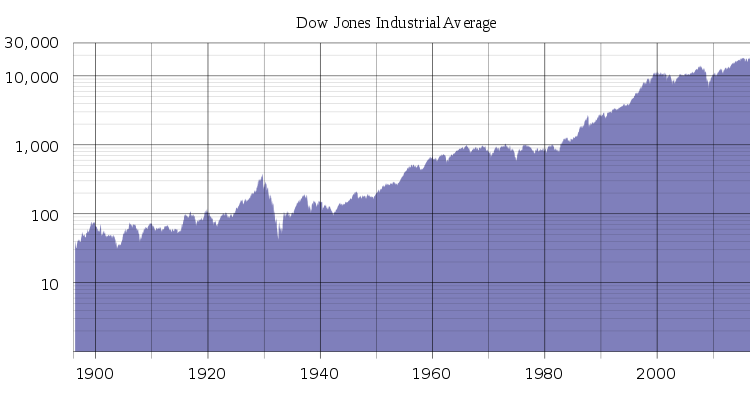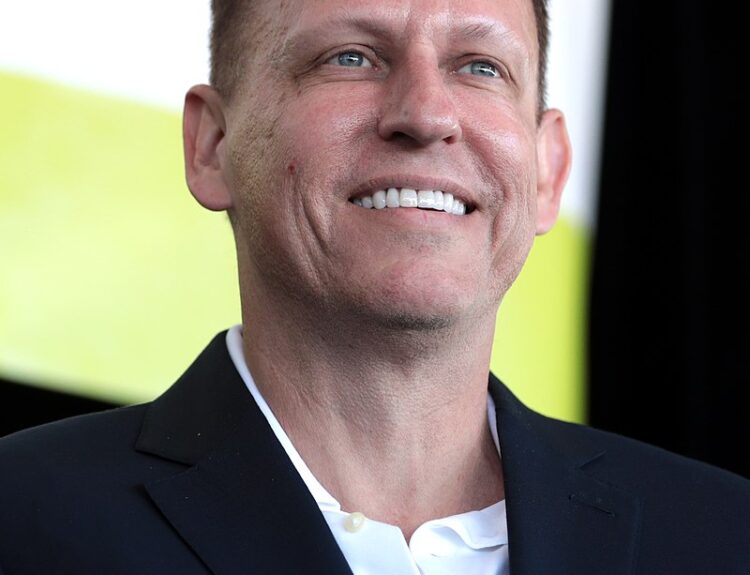Underage users are placing their first-ever wagers with the help of their favorite videogames
- Videogames have become a gateway to gambling for millions of teenagers
- Underage users are placing their first-ever wagers with the help of their favorite videogames
- Virtual items purchased for use in videogames can be converted to digital currency at online gambling sites
- Academic research shows that children exposed to skin gambling are more likely to suffer from gambling addiction
- Efforts to crack down on skin gambling in videogames have fallen short
- Popular videogame streamers on platforms like Twitch and YouTube are sponsored by skin gambling sites
- Valve Corp., the maker of popular game Counter-Strike: Global Offensive, is linked to at least 73 gambling websites
- Regulators and lawmakers have largely ignored the gambling economy built off of loot boxes in videogames
- Valve’s lack of enforcement of anti-gambling terms allows skin gambling sites to operate without fear of retribution
- Skin gambling has negative impacts on the financial and mental health of underage gamers
Videogames have become a gateway to gambling for millions of teenagers. Underage users, who are banned from physical casinos and sports gambling websites, often place their first-ever wagers with the help of their favorite videogames. Players can take virtual items purchased for use in videogames and convert them to digital currency at specialized online gambling sites. Academic research shows that children exposed to skin gambling are more likely to suffer from gambling addiction. Despite efforts to crack down on skin gambling in videogames, the problem persists. Popular videogame streamers on platforms like Twitch and YouTube are sponsored by skin gambling sites, further fueling the issue. Valve Corp., the maker of popular game Counter-Strike: Global Offensive, is linked to at least 73 gambling websites. Regulators and lawmakers have largely ignored the gambling economy built off of loot boxes in videogames. Valve’s lack of enforcement of anti-gambling terms allows skin gambling sites to operate without fear of retribution. The financial and mental health of millions of underage gamers is at risk.
Factuality Level: 3
Factuality Justification: The article provides detailed information about the issue of skin gambling in video games, including statistics, investigations, and the involvement of various companies. However, the article lacks objectivity and presents the issue in a sensationalized manner. It includes some biased language and opinions, especially towards Valve and other companies involved. The article also contains some repetitive information and could benefit from a more concise presentation.
Noise Level: 8
Noise Justification: The article provides a detailed analysis of the issue of skin gambling in popular video games, particularly focusing on Counter-Strike. It explores the impact on underage gamers, the involvement of tech platforms like Twitch and YouTube, and the lack of enforcement by game developers like Valve. The article presents evidence, data, and examples to support its claims, shedding light on a concerning trend in the gaming industry. However, the article could benefit from more exploration of potential solutions to address the issue.
Financial Relevance: Yes
Financial Markets Impacted: The article discusses the underground betting economy that has developed around popular video games, particularly Counter-Strike: Global Offensive. This could impact the financial markets and companies involved in the video game industry.
Presence Of Extreme Event: No
Nature Of Extreme Event: No
Impact Rating Of The Extreme Event: No
Rating Justification: The article does not describe any extreme events.
Public Companies: Valve Corp (Private)
Key People: Gabe Newell (CEO and co-founder of Valve Corp), Liam Lavery (Valve’s general counsel), Houngoungagne (YouTuber with a CS:GO-focused channel), Daniel Kaufmann (Gaming psychology researcher and director of gaming services at Kindbridge Behavioral Health), Max Center (Recent graduate of Ohio State University), Victor Matheson (Economics professor at the College of the Holy Cross)
 www.marketwatch.com
www.marketwatch.com 




